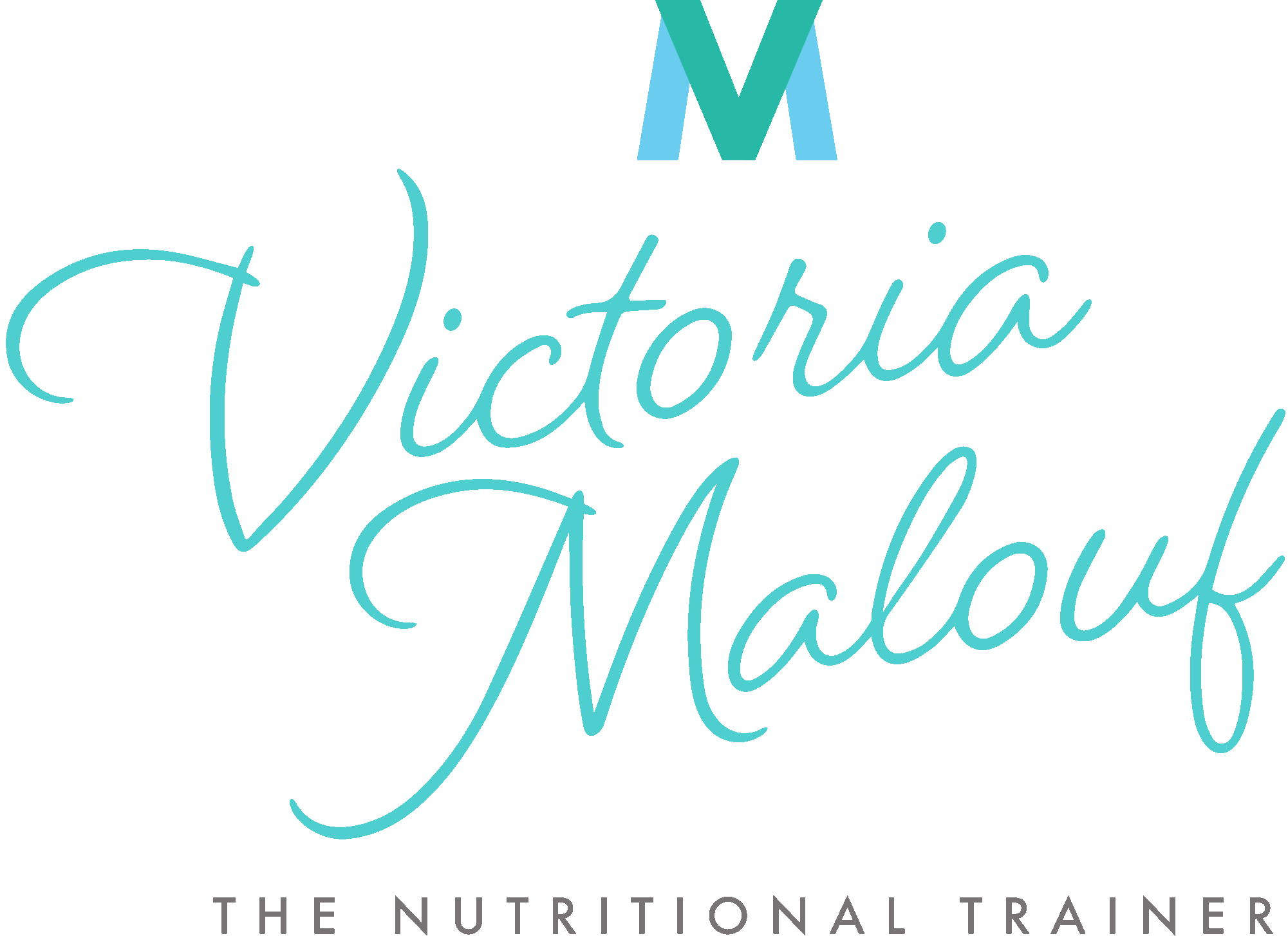Difference between Coeliac disease and Non-coeliac gluten sensitivity
- Victoria Malouf

- Feb 25, 2018
- 3 min read
So the words Coeliac disease and Gluten intolerance get thrown around a lot now days. It seems cool for people to say yeah I'm coeliac or I'm gluten intolerant.
But do you really know what they mean and what the difference is?
Well I'm here to dispell that myth.
But first a couple of things
1. Feeling better when you remove wheat or gluten from your diet does not necessarily mean you have coeliac disease – it could just be a gluten intolerance or wheat intolerance.
2. Testing for coeliac disease is only accurate when you are still consuming gluten. If you are already on a gluten free diet, consuming gluten in the days leading up to the test is necessary to be able to make a correct and more accurate diagnosis.

So firstly what is gluten?
Gluten is a family of proteins, the two main being glutenin and gliadin, found in grains like rye, barley and wheat (N.B. oats do not contain gluten but you must get oats that are certified gluten free as cross contamination can occur when they are grown next to rye, wheat or barley). Out of the gluten containing grains, wheat is the most prominent and highest consumed.
Coeliac Disease
Coeliac disease is an autoimmune condition that is characterised by an immune response triggered by ingesting gluten The persons immune system starts attacking the villi of the small intestine and causes many uncomfortable digestive symptoms. To diagnose coeliac disease a blood test for transaminase is required, however, as stated above if you have already given up gluten this will not be very accurate as you need to be eating gluten for it to pick up the trace amounts in your system. A more accurate diagnostic tool is a gastroscopy (a biopsy to look at the persons small intestine) to assess if there has been any damage. Leaving coeliac disease untreated can
The symptoms of coeliac disease can range from
- Anaemia
- Bloating and gas
- Alternating diarrohea and constipation
- Fatigue, weakness, lethargy
- severe nausea/ vomiting
- Stomach cramps
- Brain fog and poor memory
Gluten Intolerance (Non-coeliac gluten sensitivity)
Compared to Coeliac disease, NCGS is not an auto immune condition and it is not characteristic of the destructive effects on the Gastro intestinal tract (GIT) lining that coeliac disease is. Although the digestive side effects are quite similar, the only way to assess whether you have coeliac disease is to get tested. The majority of people that have celiac type symptoms actually have NCGS. And as opposed to coeliac disease, that only affects the GIT, having a gluten intolerance can show up with many other side effects
All the same digestive issues that coeliac disease suffers experience – gas, bloating, diarrhoea, constipation.
Keratosis pilaris (also known as chicken skin) on the back of the arms. These are little red spots that generally cover the back of the arms of back of the thighs. This is generally cause by an essential fatty acid and/or Vitamin A deficiency combined with malabsorption issues caused by gluten damaging the gut.
Fatigue, brain fog or lethargy
Dementia or forgetfulness – there have been many studies done which shown the side effects that wheat and gluten can have on the brain.
Another autoimmune condition diagnosis – Hashiomotos thyroiditis, Rheumatoid arthritis, Ulcerative colitis, lupus, Psoriasis, Scleroderma or MS
Dizziness or feeling off balance a few hours after eating gluten.
Migraines
Diagnosis of Chronic fatigue syndrome or fibromyalgia
Inflamed or painful joints
Anxiety, depression, mood swings and ADHD.
Does everyone need to go off gluten?
No, I do not think that everyone needs to avoid gluten. Gluten and gluten containing products can definitely be part of a very healthy diet in moderation if you are not experiencing any of the above symptoms. However, if any of the above symptoms sound familiar to you, I would get it checked out. There may be a number of reasons as to why you are experiencing the above and it’s best to seek the advice of a medical professional, nutritionist or dietitian to help assess what may be causing your symptoms and get advice on how to have a gluten free diet

Photo credit - Robyn Mackenzie - https://www.dreamstime.com/robynmac_info'>Robyn Mackenzie</a> | <a href='https://www.dreamstime.com/'>Dreamstime.com





Comments